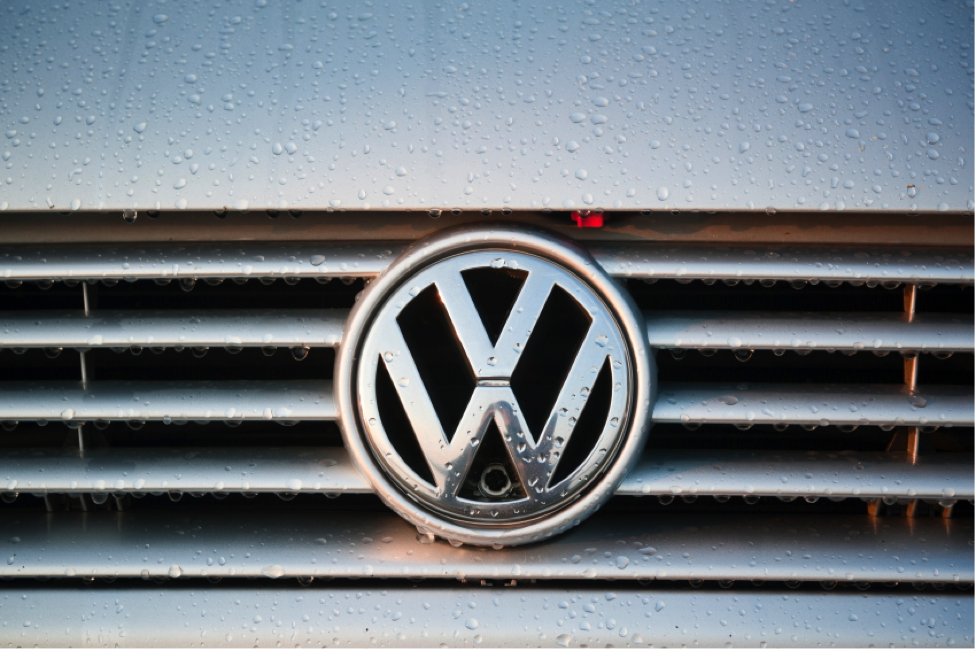
Volkswagen is announcing a change of plans for its 2016 line of Jetta sedans. The familiar 1.8T TSI and naturally aspirated 2.0L engines are being swapped out for the more efficient, direct-injected and turbocharged 1.4L.
The 1.4L engine is part of the company’s continuing efforts to downsize its powerplants. As one of VW’s new EA211 series of small engines, it raises the game with reduced emissions and improved fuel economy.
The 1.4L Features Lightweight, Innovative Design
That old faithful 2.0, or what car mechanics nicknamed the “two point slow,” disappeared from European VW cars long ago, only enduring here in the North American entry-level market. Revving the engine all the way to 4000rpm (1200rpm short of its’ maximum) triggered just 125lb-ft of torque and a meager 115 horsepower.
By contrast, the 1.4L produces 150 horsepower at 5000rpm, and 184lb-ft of torque at just 1500rpm. Its 82mm cylinder spacing is about the only feature that this model shares with the 2.0 and its EA11 counterparts.
According to Volkswagen, the new 1.4L turbo engine features:
- lightweight aluminum construction
- a belt-driven double overhead camshaft valvetrain
- variable intake and exhaust timing
- an integrated exhaust manifold
- a single-scroll compressor and intercooler integrated into the injection-molded induction pipe
- a 2mm decreased engine bore and an 80mm stroke
It’s the same engine that currently serves as the basis for the Jetta Hybrid, and only slightly less powerful than the Jetta Sport model’s bulkier 1.8L unit.
This Offers Savings for Jetta Owners and The Environment
Integrating these new engines into the market will mean that 97 percent of Volkswagen’s North American vehicles will be “intelligently downsized,” with more efficiency in a smaller package.
Coupled with a six-speed automatic, Volkswagen expects the 1.4L to return an impressive 39 mpg (7.2 litres per 100km) on the highway. That’s a 13 per cent improvement over the engines that have powered the Jetta before, unseen throughout the run of any other automotive mechanic career – and a real perk for today’s sedan consumer.
As the average factory employee and car mechanic becomes more aware of the world’s growing environmental concerns, Volkswagen is one of the few companies rising to the machine-greening challenge. Smaller, sleeker engines mean fewer harmful emissions on the part-making front. Additionally, their fuel economy will allow drivers to go further on less gas power.
A recent study published in the Journal of Transportation Engineering tested whether “intelligent transportation” truly benefits the health of our environment and atmosphere. Engineers isolated the variables of a vehicle’s speed and acceleration to see how distance can be affected not only by fuel economy, but by weight. It concluded that properties of fuel efficiency along with lightened weight, even in increments, have a positive effect on emissions overall. Therefore, moving toward more light-duty vehicles and compact engines is seen as a significant aspect of sustainable transportation.
When it comes to environmental innovation in the automotive industry, this downsizing trend shows no sign of slowing down.
Are you interested in learning more about turbo-fuelled engines by enrolling in a mechanic school? Visit CATI for more information or to speak with an advisor.
